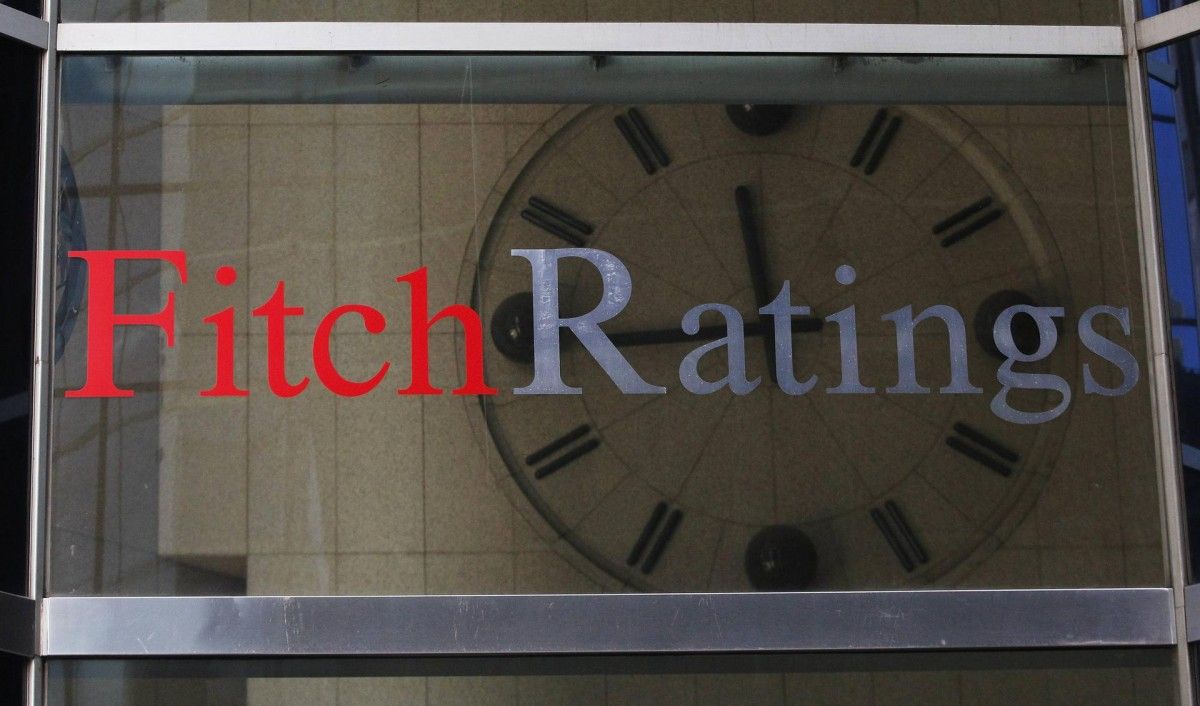
Fitch Ratings on April 29 revised the outlooks on seven Ukrainian banks to stable from positive and affirmed their Long-Term Issuer Default Ratings (IDRs).
According to the rating agency, the affected banks are:
- JSC State Savings Bank of Ukraine (Oschad);
- JSC The State Export-Import Bank of Ukraine (Ukrexim);
- JSC CB PrivatBank (Privat);
- Public Joint-Stock Company Joint Stock Bank Ukrgasbank (UGB);
- PJSC Credit Agricole Bank (CAB);
- ProCredit Bank (Ukraine) (PCBU);
- Pravex-Bank JSC (Pravex).
Fitch also revised the outlook on Joint Stock Company First Ukrainian International Bank's (FUIB) Long-Term IDR to negative from stable and affirmed the IDR at 'B'.
According to Fitch, the rating actions follow its revision of the outlook on Ukraine's sovereign rating to stable from positive in light of the anticipated adverse impacts of the COVID-19 pandemic.
Read alsoFitch revises Ukraine's outlook to stable; affirms at 'B'
Fitch says it expects the Ukrainian economy to contract by 6.5% GDP in 2020, compared with 3.2% growth in 2019, before recovering by 3.5% in 2021. The economic policy response, including increased social spending and the formation of a coronavirus fund (1.6% of GDP), could help to soften the economic shock. However, there are material downside risks to our baseline forecasts, given the uncertainty around the extent and duration of the coronavirus crisis.
"We have revised the sector outlook for Ukrainian banks to negative from stable as we expect that the economic downturn, weaker client activity, lower household incomes (due to higher unemployment and lower remittances) and exchange-rate pressures (the hryvnia has depreciated by 11% since the beginning of March, while Fitch forecasts depreciation of 25% for FY20) will increase performance pressures for banks," Fitch experts said. "We expect that provision of additional liquidity to banks, as announced by the central bank, and temporary regulatory forbearance should help banks manage problem loans and solvency ratios in local accounts, reducing the risk of capital breaches. However, we believe that the risks to banks' credit profiles have significantly increased."

